
Stourhead Estate, Wiltshire
By Kind permission of Nick C Hoare
THEME:
Moving the forest towards its full potential in the face of climate change, ensuring it is sustainable, both biologically and financially, and resilient in the long term.
The day will include an introduction to Stourhead forest, and discussion on forest resilience, sustainability, irregular silviculture, biodiversity in irregular conifer dominated forest and forest monitoring. For more details of the theme, the estate and the planned visit, please use this link.
Rendezvous time – 9.30 hrs, Friday 9th May 2025
Meeting point – Main National Trust Stourhead Carpark, Stourton, Warminster BA12 6QF
Please park vehicles in the overflow carpark at the back, indicated by following in-carpark CCFG signs.
Carpark facilities – There are National Trust toilets and a café at the carpark.
Vehicle consolidation – After an introduction, attendees will need to please share vehicles from here, thereby minimising in-forest traffic. The tour will take place in the main Stourhead Forest (within 6km). Metalled tracks are suitable for cars driven slowly (avoid cars with low sumps).
What to bring – Suitable in-forest footwear and waterproofs. For biosecurity, please ensure footwear is clean before arrival.
Lunch and drink – As we will be picnicking in the forest, please bring your own lunch, drink and snack requirements. We will NOT be returning to the National Trust Stourhead Carpark at lunch time. There will be a portaloo located near to the lunch stop in the forest.
Finish time – Back to the National Trust Stourhead Carpark by 16.00 hrs.
Booking – is essential. To allow for good discussion and facilitate logistics, places at the meeting will be limited in number. Priority will be given to CCFG members, and there will be a waiting list if numbers exceed this so please let us know if you cannot make it. To book, please click this link.
For any queries, please contact Polly Spencer-Vellacott, CCFG Administrator.
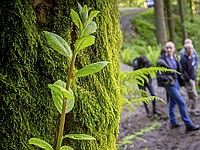
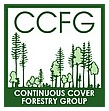

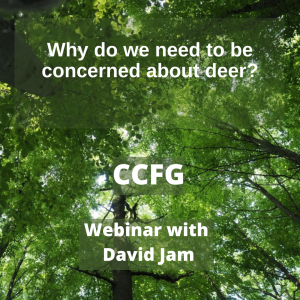
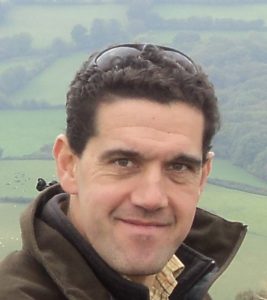
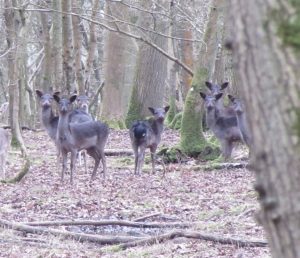
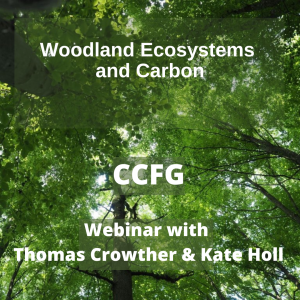
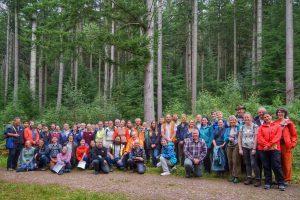
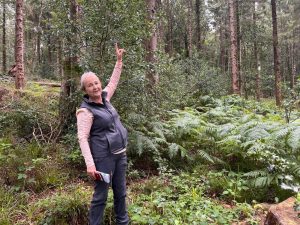



 Freiburg University, Germany. He started as a fire ecologist at the Fire Ecology working group of the Max-Planck Society, got a number of operational qualifications in the US and South Africa. He moved from fire ecology to fire management and worked with the Global Fire Monitoring Center GFMC in Europe and Southern Africa. Later, Alex worked with the South African Working on Fire Program, from its early beginnings till 2012, when he joined EFI.
Freiburg University, Germany. He started as a fire ecologist at the Fire Ecology working group of the Max-Planck Society, got a number of operational qualifications in the US and South Africa. He moved from fire ecology to fire management and worked with the Global Fire Monitoring Center GFMC in Europe and Southern Africa. Later, Alex worked with the South African Working on Fire Program, from its early beginnings till 2012, when he joined EFI.